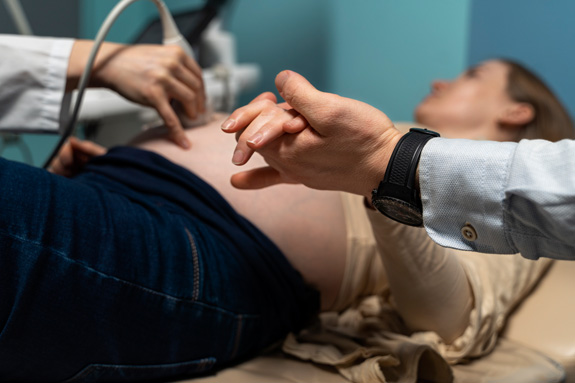Commonly termed as High-risk Pregnancy, it is one that involves increased health risks for the pregnant person, fetus or both, for instance being over 35 or under 17 when pregnant can make a pregnancy high risk. High risk obstetrics require close monitoring to reduce the chance of complications.
What causes high-risk pregnancy?
- Pre-existing health conditions
- Pregnancy-related health conditions
- Lifestyle factors including addictions and exposure to toxins
- Age (being over 35 or under 17 when pregnant)


